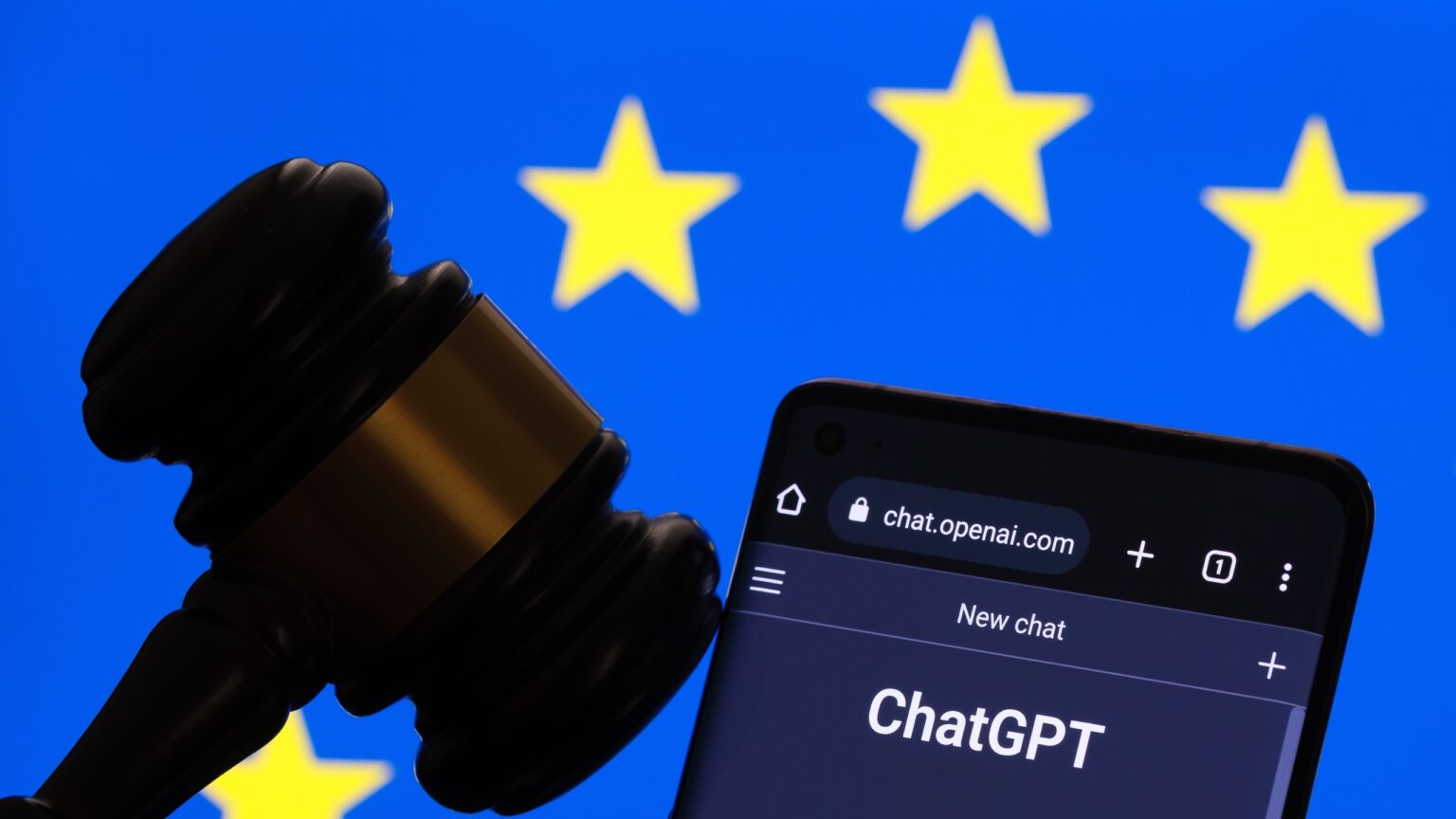The European Union has approved the AI Act, becoming the world’s first law to regulate the fast growing technology, after the EU Parliament on Wednesday voted in its favor.
Three years later and 800 amendments, the Act will set guardrails for the development and deployment of the AI technology.
With adoption of the Act, AI systems face more scrutiny based on how risky they are deemed to be, while it puts pressure on other countries to follow suit.
A wide range of areas covered under the Act
The Act, which was first introduced in 2021, seeks to give a “risk-based approach to regulating AI without stifling innovation across the 27-country bloc.”
Apart from setting transparency requirements, the Act also covers an array of subjects related to copyright, data privacy, intellectual property, health and safety as well as other ethical issues.
Another area the law will address is the issue of deepfakes while any content relating to election will require “clear disclosures labelling images, videos, and audio as AI-generated.” World over, the issue of deepfakes has been topical and a priority especially with elections holding in many countries this year, the first major elections since the launch of OpenAI’s ChatGPT, which spurred an AI generation explosion.
Speaking at a press briefing before the vote, Belgian member of the European Parliament Dragos Tudorache said the lawmakers want to “create enablers” for EU businesses while increasing protections for the people.
Tudorache, who was a co-rapporteur for the Act together with Italian Member of Parliament Brando Benifei said companies pushed to keep “black box” AI models intact, but the lawmakers were aware that the transparency rules around data and content would be important.
“It is the only way to give effect to the rights of authors out there or whatever they are- scientists of physicians,” said Tudorache.
“How else would they know whether their work was used in a training algorithm that is then capable to reproduce or to emulate the kind of creation?”
Also read: AI Speech Protection Questioned by Legal Authorities
More steps yet to take
According to CBS Austin, there is still more that needs to be done before the law is fully operationalized in the EU bloc. It is not clear yet when it will be implemented due to the continuing changes in the AI sector.
“We have to see how changes in the technology that are almost certainly going to happen in the next year, two years, five years, etc., will interact with this bill, and by extension, any potential laws that we’re considering here in the United States,” said Matt Mittelsteadt, a research fellow at George Mason University’s Mercatus Center.
The Act was crafted using a “risk-based approach.” This applies tighter restrictions based on level of risk, with “High risk” uses involving those AI systems that pose health and safety hazards. These include medical machinery, vehicles, emotion recognition systems and law enforcement, according to Digiday.
“Low risk” entail use of AI systems which is not likely to harm EU citizens. However, businesses with low-risk uses should also voluntarily commit to codes of conduct.
EU citizens, are according to Benifei still sceptical about AI, a situation that could stifle innovation.
“We want our citizens to know that thanks to our rules, we can protect them and they can trust the businesses that will develop AI in Europe and that this is a way to support innovation,” said Benifei.
“Having in mind our fundamental values, protection of consumers or workers of citizens, transparency for businesses for downstream operators.”
🎉🇪🇺 It's official: the EU AI Act, the world's first comprehensive AI law, has passed in the European Parliament. 👏👏
After lawmakers voted overwhelmingly in support of the Act today, co-rapporteur @IoanDragosT reflected on these "truly historical, pioneering" rules: pic.twitter.com/R7ISZJWgjA
— Future of Life Institute (@FLI_org) March 13, 2024
Pressure on other countries
The passage of the AI Act in Europe is set to put pressure on other countries that are still seized with concluding on regulating the AI technology. Countries across the globe have been battling to figure out the best way to tackle the technology, which has been growing rapidly.
In the US, Congress has held several hearings and briefings to better understand the technology, its usage, and potential risks associated with it.
Analysts forecasts on AI range from transformative nature to apocalyptic creating headaches for lawmakers who are trying to come up with a set of regulations for the technology.
“EU’s law is certain to put pressure on other countries, especially the US, to come up with their own regulations,” said Hamid Ekbia, director of the Autonomous Systems Policy Institute at Syracuse University and the leader of the Academic Alliance for AI Policy.
“The question is, what type of regulation? Big players are going to put pressure on the Congress to ‘compensate’ for the EU’s constraint in the name of innovation.”









 and then
and then